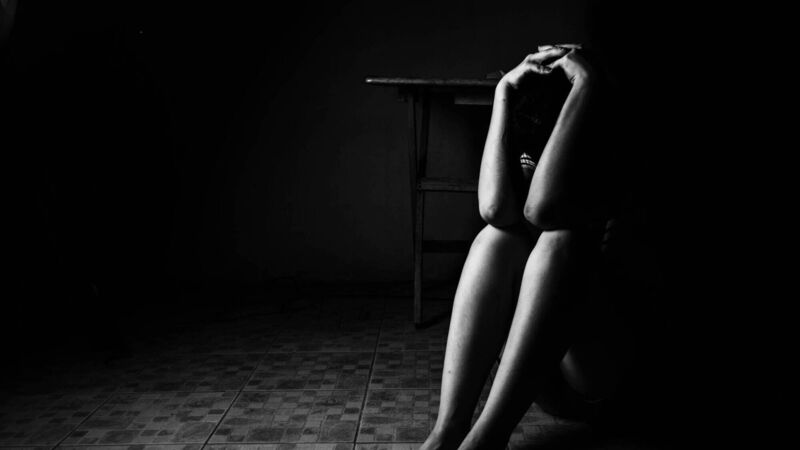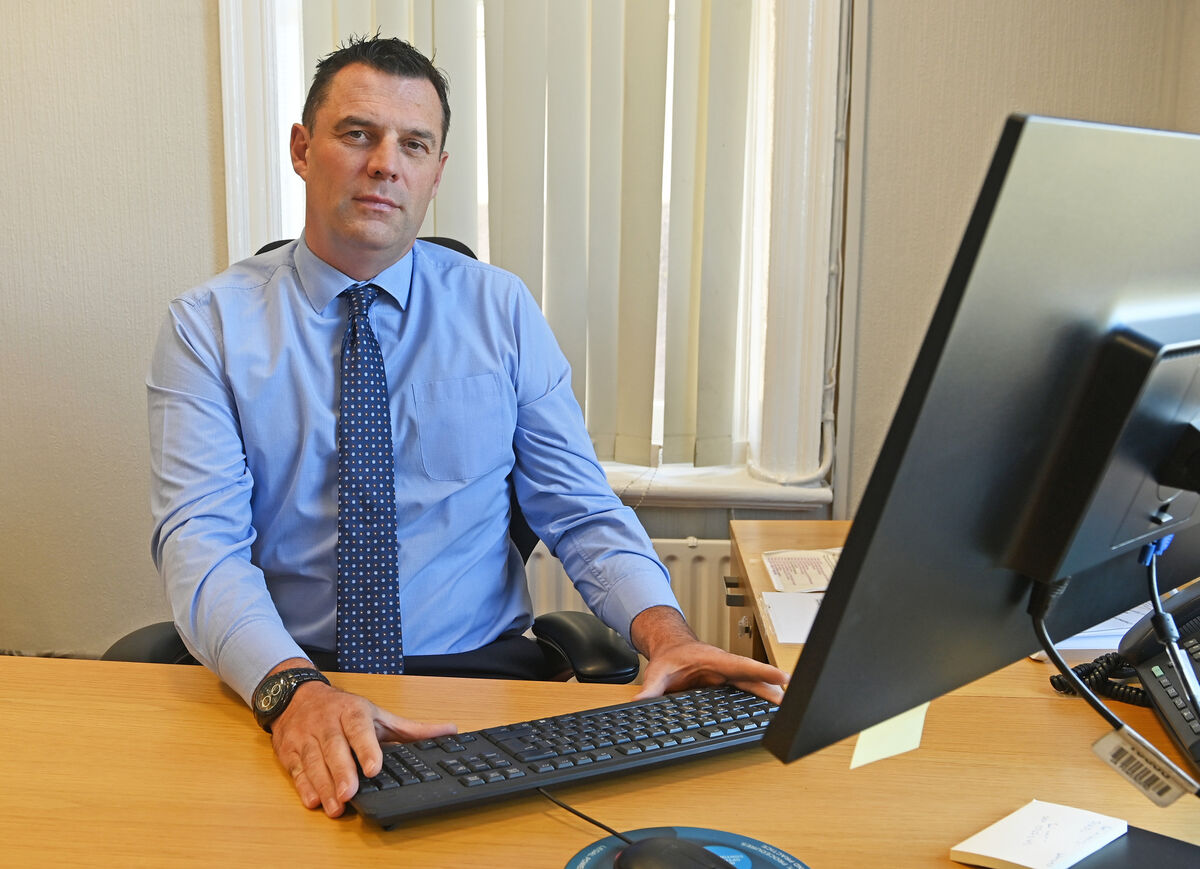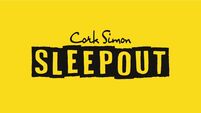Dozens of victims of human trafficking working in the sex industry in Cork at any time

Many victims are tricked into believing they are in meaningful relationships, known to law enforcement as ‘the Loverboy method’. Inset: Detective Chief Superintendent Colm Noonan of the Garda National Protective Services Bureau.

In many cases, Det Chief Supt Noonan added, bank accounts are set up, and taxes are paid, but money is not going to the person doing the work.
- For more on the Garda National Protective Services Bureau’s work, see blueblindfold.ie.
- If you have any suspicion that someone may be the victim of trafficking, sexual exploitation or labour exploitation, contact blueblindfold@garda.ie, or the Garda Confidential Line on 1800 666111, or call 999/111.









 App?
App?


